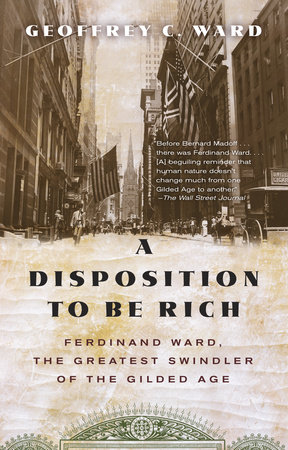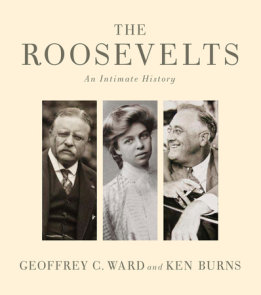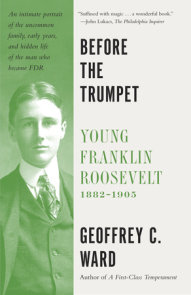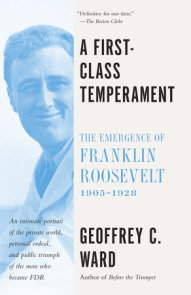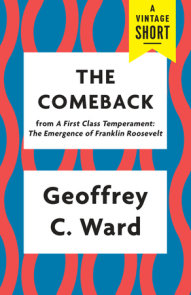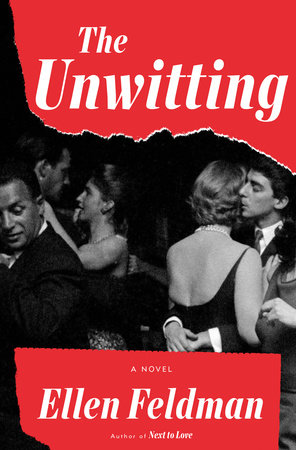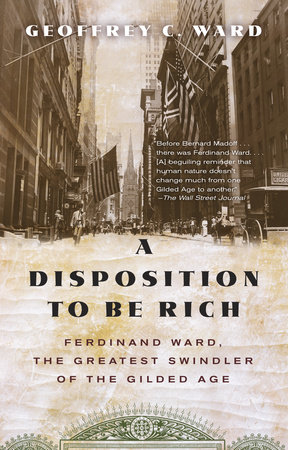

A Disposition to Be Rich
By Geoffrey C. Ward
By Geoffrey C. Ward
By Geoffrey C. Ward
By Geoffrey C. Ward
Category: 19th Century U.S. History | Biography & Memoir | Economics
Category: 19th Century U.S. History | Biography & Memoir | Economics

-
$22.00
Apr 23, 2013 | ISBN 9780345804693
-
May 01, 2012 | ISBN 9780307959447
YOU MAY ALSO LIKE

Inside Mercedes F1
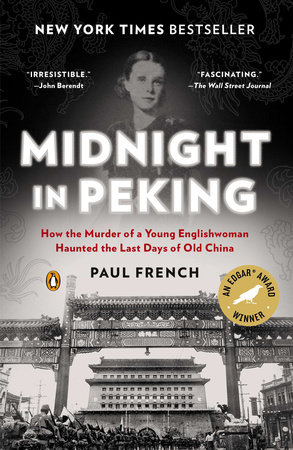
Midnight in Peking
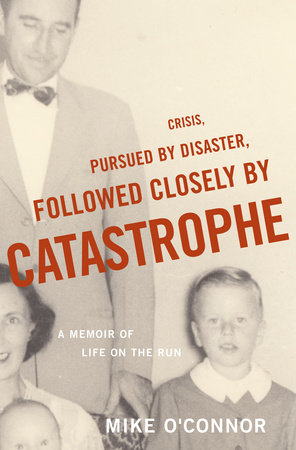
Crisis, Pursued by Disaster, Followed Closely by Catastrophe
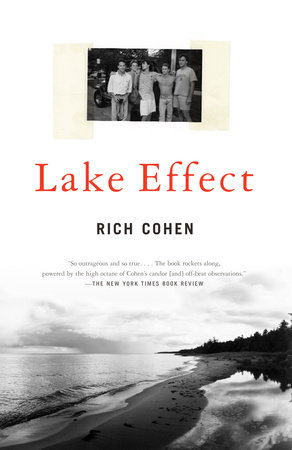
Lake Effect
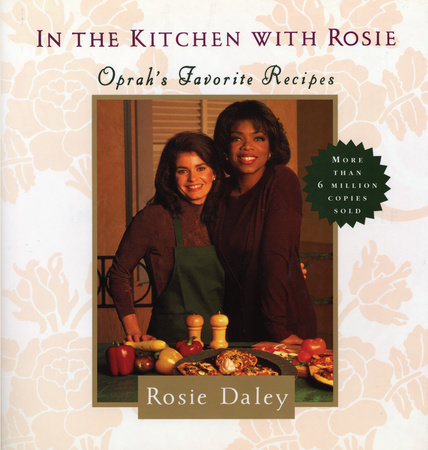
In the Kitchen with Rosie
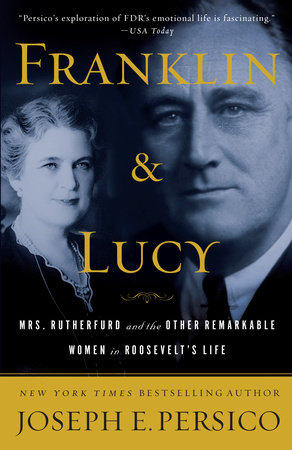
Franklin and Lucy
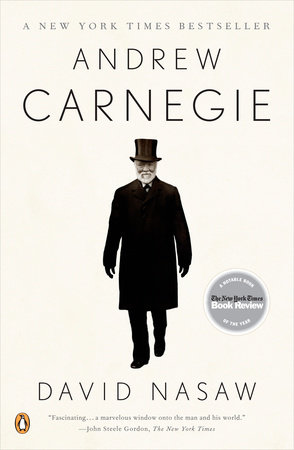
Andrew Carnegie

Being Wagner
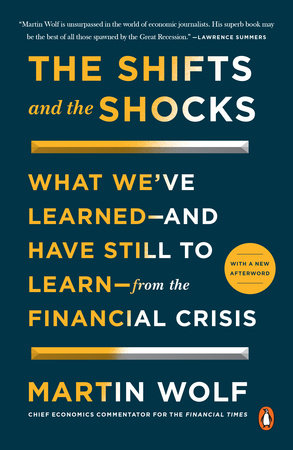
The Shifts and the Shocks
Praise
Praise for Geoffrey C. Ward’s A Disposition to Be Rich:
“Before Bernard Madoff, before Charles Ponzi, there was Ferdinand Ward. . . . Based on troves of letters and other memorabilia that Mr. Ward patiently amassed over many years, A Disposition to Be Rich is actually a family chronicle of sorts, in which Ferdinand is by no means the most demented ancestor. . . . [A] beguiling reminder that human nature doesn’t change much from one Gilded Age to another.”
—The Wall Street Journal
“A special accomplishment. . . . It took a great-grandson of Ferdinand’s, the prizewinning historian Geoffrey C. Ward, to write the scandal-filled but eminently fair book that airs this dirty laundry . . . A most peculiar labor of love.”
—The New York Times
“Compelling. . . . [A] full-speed-ahead tale of Ward’s wheeling, dealing and defrauding. . . . Readers are fortunate that a writer as talented as Geoffrey C. Ward had a great-grandfather as villainous as Ferdinand Ward. Also worth thanks is that after nearly 50 years of thinking about it, Geoffrey Ward decided to share his family story, one that reveals how deeply rooted financial corruption is in the nation’s history.”
—The Seattle Times
“A Disposition to Be Rich is so fast-paced and mesmerizing you might be tempted to call it a rollicking financial thriller, if it didn’t end with real suffering.”
—Richmond Times-Dispatch
“A scoundrel and a celebrity, the embezzler Ferdinand Ward made headlines for 25 years. This work, the result of decades of research into family archives and conversations with Geoffrey Ward’s grandfather, Ferd’s son Clarence, often reads like fiction. . . . Thrilling. . . . With a story like this one, no invention was necessary.”
—Christian Science Monitor
“Family memoirs are nothing new, but Ward’s A Disposition to Be Rich—Ferdinand is his great-grandfather—has the advantage of being written by an award-winning historian. . . . Ward has a solid perspective on American history, particularly the nation’s growing pains of the second half of the 19th century. . . . [Ward’s] exhaustive research fills in a portrait of a time and culture that made someone like Ferdinand Ward possible. For some, the matter-of-fact corruption of the age—and of a Wall Street that played by its own rules—might have a familiar ring.”
—Milwaukee Journal Sentinel
“The strength of the book lies in how cleanly Ward meshes the personal with the historical. . . . Maybe if we had remembered the story of fast-talking Ferdie Ward, people would have taken Madoff’s promises of riches a little more skeptically.”
—Los Angeles Times
“Think of Gatsby. Think of Bernie Madoff. An amazing array of famous and familiar names dances across these pages, from Mark Twain to Charles Dow of Dow Jones fame, to the nubile bride who would years later become ‘The Unsinkable Molly Brown.’ . . . This is a book to experience in full, down to its many lengthy footnotes, each a capsule history of some fascinating by road to the main story. The depth and precision of sources are outstanding, and many family letters and journals are quoted at length. A Disposition to be Rich is a unique family history that is also a unique literary collaboration.”
—The Kansas City Star
“Drawing on thousands of documents preserved by members of his family, the book is an engrossing and entertaining, up-close-and-personal portrait of a compulsive swindler and sociopath, the Bernard Madoff of the Gilded Age.”
—San Francisco Chronicle
“No dramatization could match the richness of detail and command of sources that Ward provides here. Each footnote is a miniature history in itself—coming together in a remarkably vivid and focused portrait of the age, its biases and follies.”
—The Dallas Morning News
“A gripping story of chicanery in the stock market which drives home the ancient adage, ‘Buyer, beware!’“
—The Washington Times
“Like a great nineteenth century novel, this is a mordantly entertaining account of the author’s great-grandfather Ferdinand Ward, whose stock brokerage collapsed spectacularly in 1885 after swindling Ulysses S. Grant and other luminaries out of millions. . . . A rollicking financial picaresque.”
—Publishers Weekly (starred review)
“Imagine that Bernie Madoff was in business with former President Dwight Eisenhower and that after stealing millions from Warren Buffett, Madoff left Ike with only $80 to his name. That’s what Ferd Ward did to Ulysses S. Grant, but it only begins to describe the perfidy of the greatest swindler of the 19th Century. Now Ward’s great grandson, one of America’s finest historians, has redeemed the Ward family name with this wry and engrossing tale of Gilded Age greed that resonates powerfully in our own time.”
—Jonathan Alter, author of The Promise: President Obama, Year One
“Before Charles Ponzi, before Bernie Madoff, there was Ferdinand Ward, the greatest and most audacious schemer of them all. Geoffrey Ward, his great grandson, had rare access to private papers, accounts, court documents, and the letters of this evil, self-justifying, mesmerizing sociopath, who went from a poor minister’s son to the swindling partner of President Ulysses S. Grant. This is a superb, exciting, beautifully written book. I couldn’t put it down. You won’t either.”
—Barbara Goldsmith, author of Obsessive Genius: The Inner World of Marie Curie
“Geoffrey Ward has written an astonishing book. Readers will not want to put down his fast-paced account of how his great grandfather, ‘The Best-Hated Man in the United States,’ brought U.S. Grant to ruin. He leaves no doubt that Ferdinand Ward of Grant and Ward was a scoundrel, but, in this riveting biography, he also raises the fascinating question of why so many Americans in the Gilded Age were so eager to become dupes.”
—William E. Leuchtenburg, winner of the Bancroft Prize and the Francis Parkman Prize of the Society of American Historians
21 Books You’ve Been Meaning to Read
Just for joining you’ll get personalized recommendations on your dashboard daily and features only for members.
Find Out More Join Now Sign In






